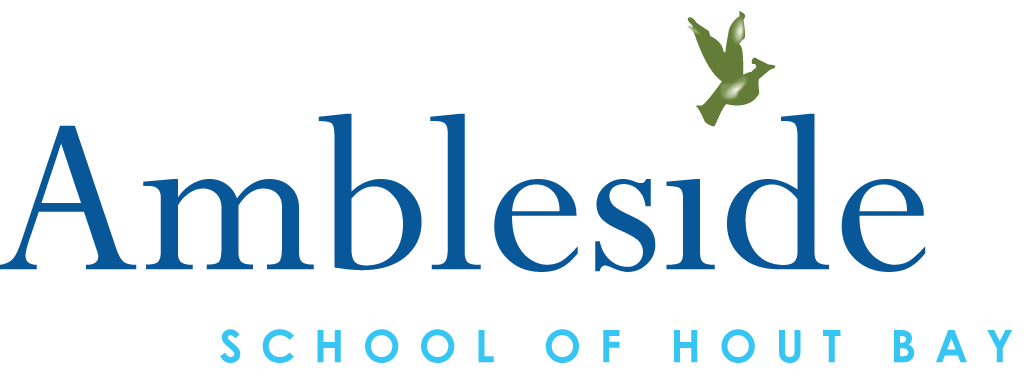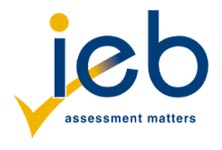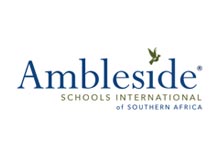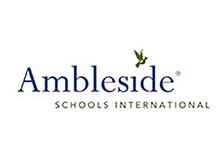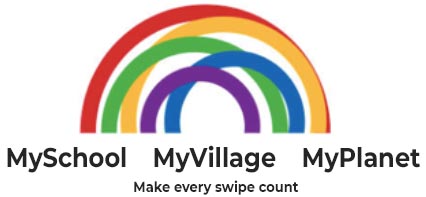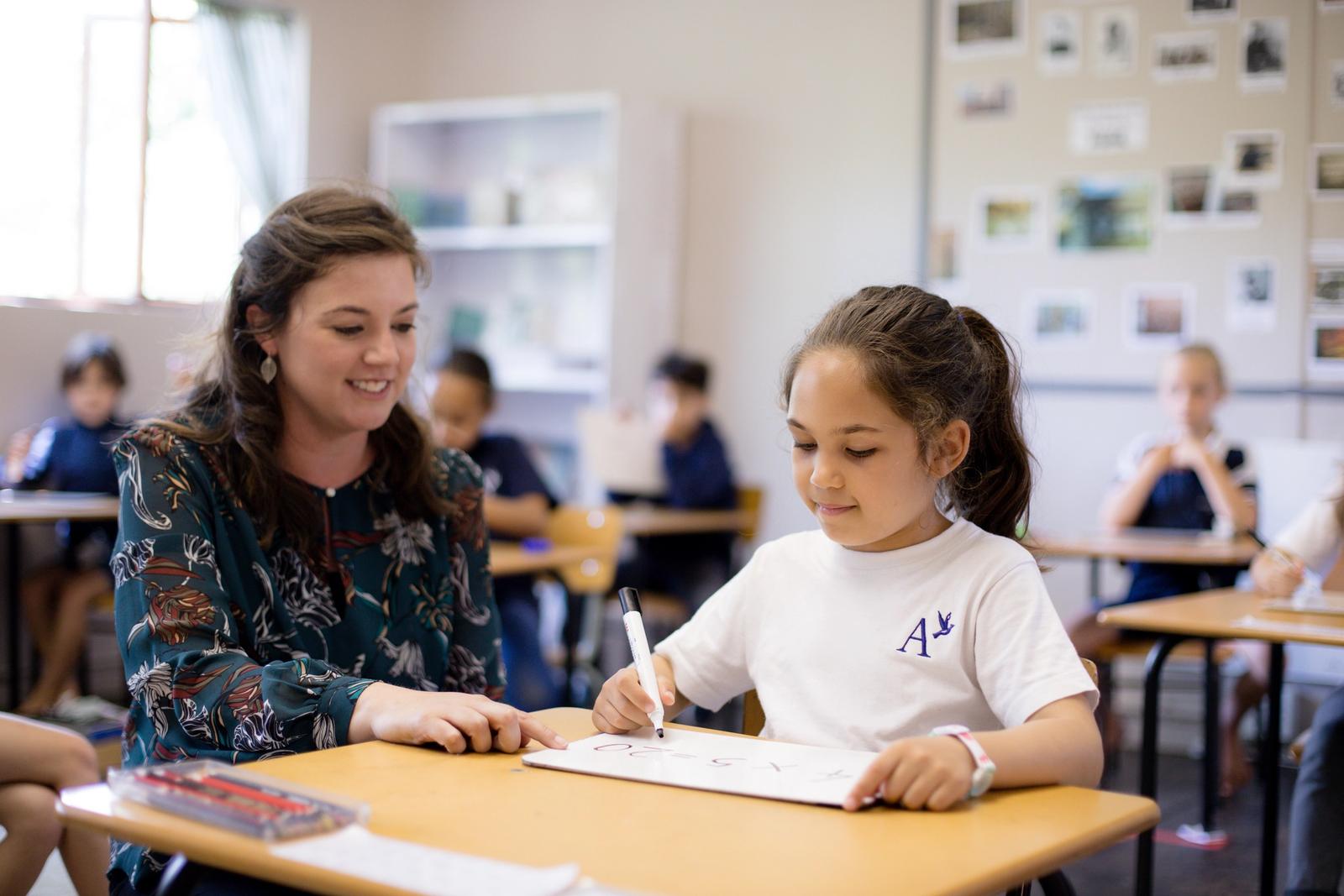
Bridging the Gap: Parent-School
What happens in the classroom?
What are our school’s educational goals?
Most parents have forgotten what it is like to be in the classroom, and many have chosen to forget as it was, let us say, not the most pleasant experience.
In an Ambleside classroom the aim is to impart a love for learning that will remain with the child all their lives. We believe that if our parents have a good grasp of how education; teaching and learning happens in an Ambleside classroom, the collaborative education between parent and school will be most effective.
So, what is an Ambleside education? Why follow a philosophy written by a woman at the turn of the century? How can a philosophy written by a woman from first world England be relevant to children in Africa in 2021?
These are some of the questions that will be considered in the series of articles to follow. In an Ambleside classroom the model of education is very different to what most of us experienced in school. To better illustrate, picture a triangle where the three points of the triangle represent (1) the teacher, (2) the taught (student), and (3) the text. One model (probably the one most of us are familiar with) had the teacher as the apex (driver) of the triangle. Another model turned the triangle to have the taught (student) as the apex (driver) of the triangle. Charlotte Mason turned the triangle again to have the text as the apex (driver) of the triangle. Having the text or material being explored as the centre of the lesson shifts the focus from the teacher and student to the ideas and knowledge to be engaged with or mastered. The teacher facilitates the learning process, both teacher and student are engaged in the act of knowing.
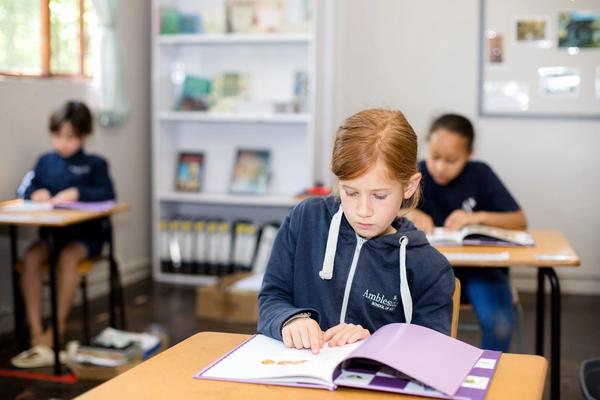
The philosophy Charlotte Mason penned almost a hundred years ago encompassed children of all ages, walks of life, class, and race, and is still true today. What she proposed education should be and look like challenged the mindset of her day and is still challenging us today. She addressed many areas of education, one being “Education is the Science of relations”. This is the area we will explore in this article, what she meant by the statement, how it plays out in the classroom and how understanding this concept can help make the gap between parent and school a little smaller.
We believe that the parent is the ultimate authority in the child’s life, and secondly, the responsibility to educate a child lies with the parents. We, as a school, come alongside and partner with parents in the education of their children.
Life for us and our children is predominantly about the relations we have with various things, whether that be people, nature, God, numbers, words, books, art...the list goes on. Our children start their lives by forming relations and this goes on into their school lives, college lives and adult lives. Our goal is to help children form healthy relations with all aspects of their lives including their education and learning. If these relations they form are good then life is full, as Charlotte Mason says:
“On what does Fullness of Living depend? - What is education after all? An answer lies in the phrase - Education is the Science of Relations. I do not use this phrase, let me say once more, in the Herbartian sense - that things are related to each other, and we must be careful to pack the right things in together, so that, having got into the brain of a boy, each thing may fasten on its cousins, and together they may make a strong clique or 'apperception mass.' What we are concerned with is the fact that we personally have relations with all that there is in the present, all that there has been in the past, and all that there will be in the future - with all above us and all about us - and that fullness of living, expansion, expression, and serviceableness, for each of us, depend upon how far we apprehend these relationships and how many of them we lay hold of.
George Herbert says something of what I mean
"Man is all symmetry,
Full of proportions, one limb to another,
And all to all the world besides;
Each part may call the farthest brother,
For head with foot hath private amity,
And both with moons and tides.
Every child is heir to an enormous patrimony, heir to all the ages, inheritor of all the present. The question is, what are the formalities (educational, not legal) necessary to put him in possession of that which is his? You perceive the point of view is shifted, and is no longer subjective, but objective, as regards the child.” (Charlotte Mason, School Education chapter 17, Kegan Paul, Trench, Trubner and Co. Ltd, London, 1925).
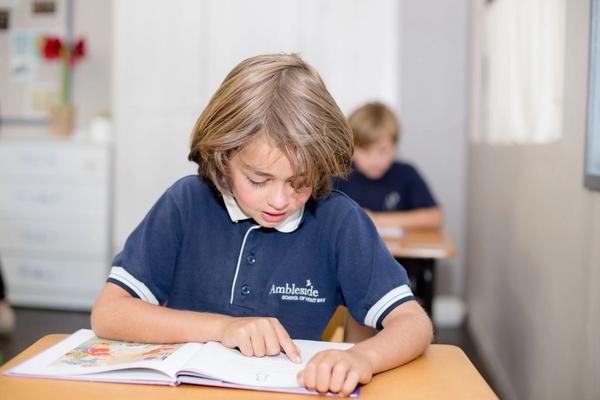
When Charlotte Mason speaks about “the Herbartian sense” she is referring to the pedagogical system of German educator Johann Friedrich Herbart, where all topics taught to the child must relate one to another and build upon each other with a common theme. Charlotte Mason is speaking in much broader terms and is including everything in the child’s life, not only topics and things covered in a classroom.
We need to ensure that we expose our children to as many living ideas as possible, from well-chosen books, beautiful art, music, poetry, literature, and nature. We want our children to learn from the past and the present so they can look to the future with a firm foundation. By engaging mind to mind with great authors and meeting great people in history, literature, art and music they can learn and grow. Perhaps our Mission Statement clarifies this desire best:
It is the mission of Ambleside School of Hout Bay to provide "a living education” where each child is guided and empowered to author a full and free life; a life rich in relationship to God, self, others, ideas and all of creation.
Therefore, our primary concern is the kind of student each child is becoming, not the mastery of particular data or technique, for we are confident that the student who masters the art of learning will attain his full potential for mastering data and technique.
Students who master the art of relating well to God, self, others, ideas, and creation will
attain the fullness of life for which they were created.
By Gavin Smith (Principal)
